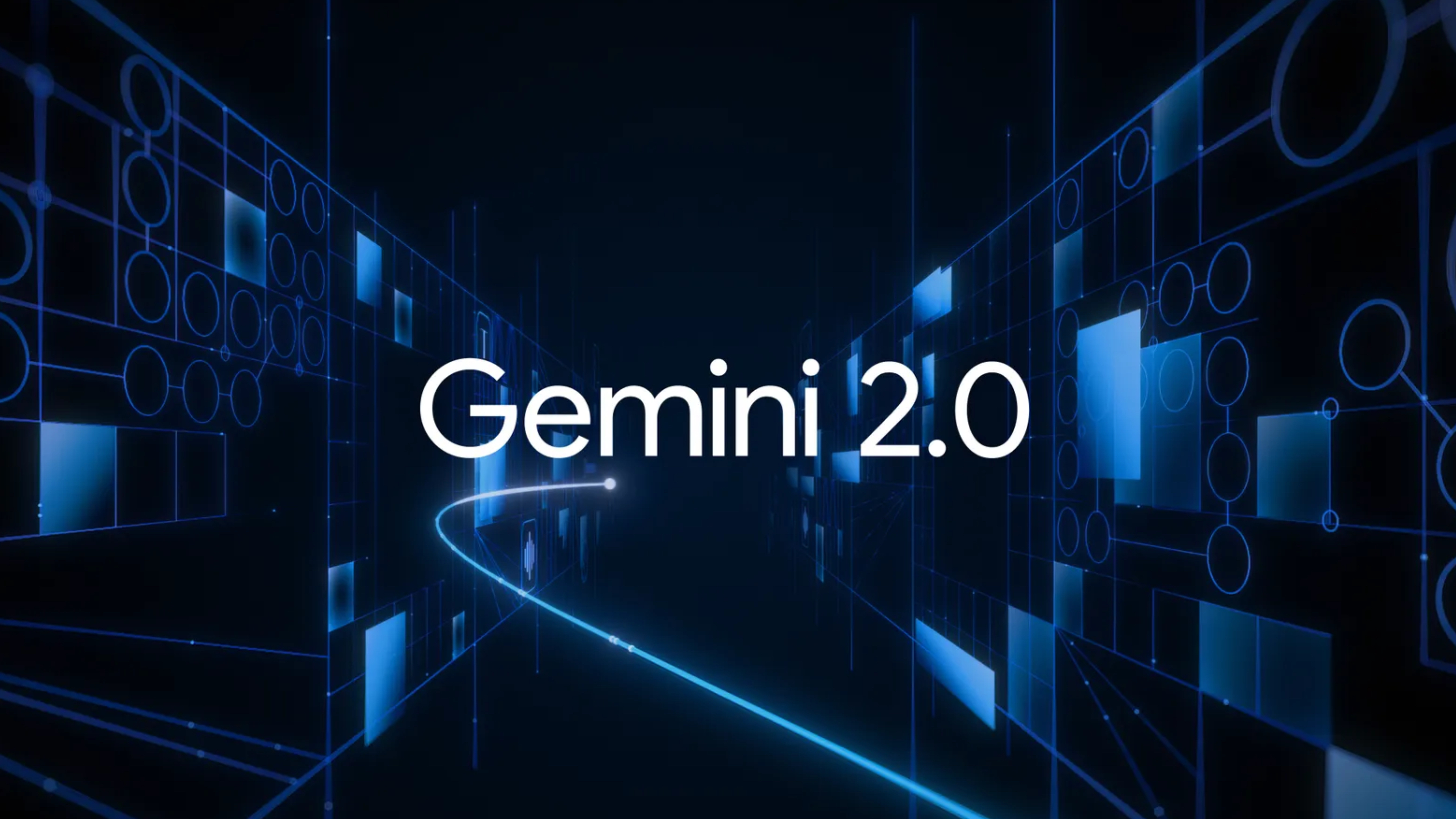
What you need to know
- Gemini Advanced's Deep Research feature was first announced for users early this month for English language.
- The feature is now being expanded to more languages and regions.
- Deep Research allows users to explore complex topics and convert them to an easy-to-read report within minutes.
Google has rolled out impressive upgrades for its Gemini, and as part of the upgrade, it also announced a new tool dubbed Deep Research for Gemini Advanced users, which is now expanding to more countries and in additional new languages.
Deep Research is a personal AI research assistant tool for Gemini AI users, and it is now available in over 45 languages and across 100 countries worldwide, the company announced for Gemini Advanced users just before the holidays. Users can try it by selecting "Gemini 1.5 Pro with Deep Research" from the Gemini Advanced drop-down menu.
Deep Research aims to save hours of time by "deeply analyzing relevant information from across the web," making the AI assistant even more helpful than it already is.
For instance, if you raise a question, Deep Research "creates a multi-step research plan for you to either revise or approve. Once you approve, it begins deeply analyzing relevant information from across the web on your behalf."
The new feature will try to explore complex topics and convert them to a more comprehensive and easy-to-read report, which can further be exported to your Google Docs.
The organized report will also include links with original sources, relevant websites, or businesses if users want to dive in further for more details. Since it’s an AI assistant, users can further ask follow-up questions or ask it to refine, and it will generate reports within minutes.
The search giant began the Deep Research rollout early this month for Gemini Advanced users on Desktop and mobile web. While the initial rollout was for English-speaking users, the latest announcement adds languages and more countries as aforementioned. The Gemini mobile app users, however, can expect the feature rollout as early as next year, according to the announcement blog post.







